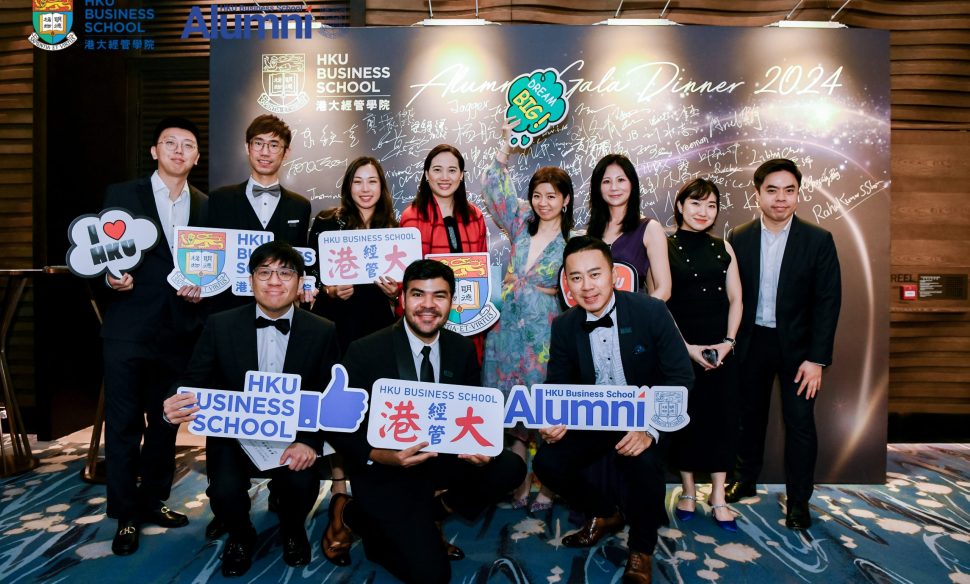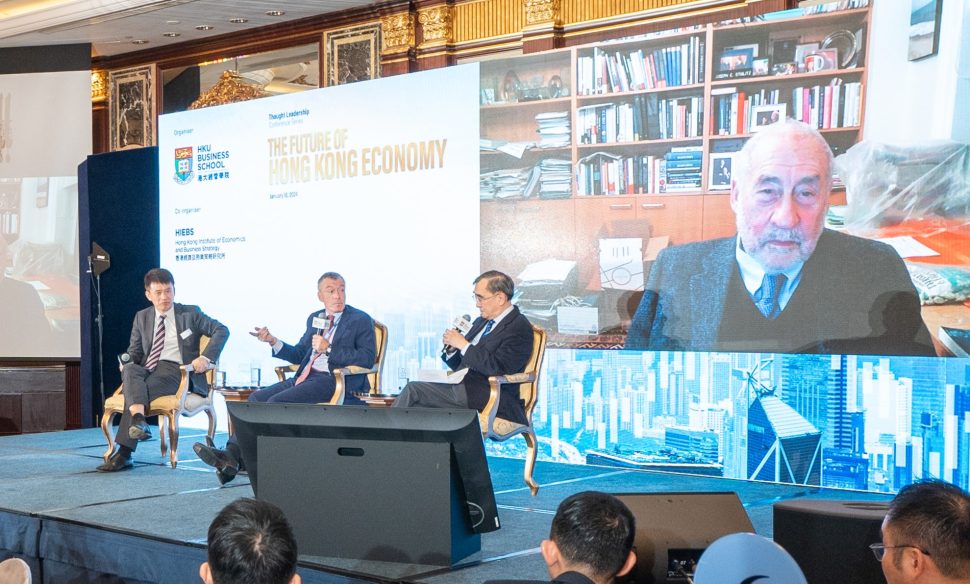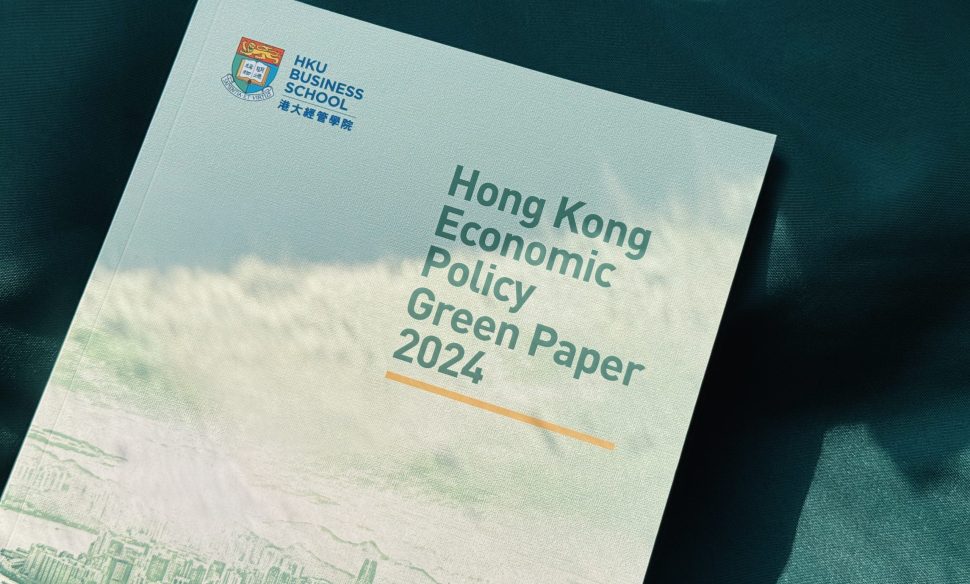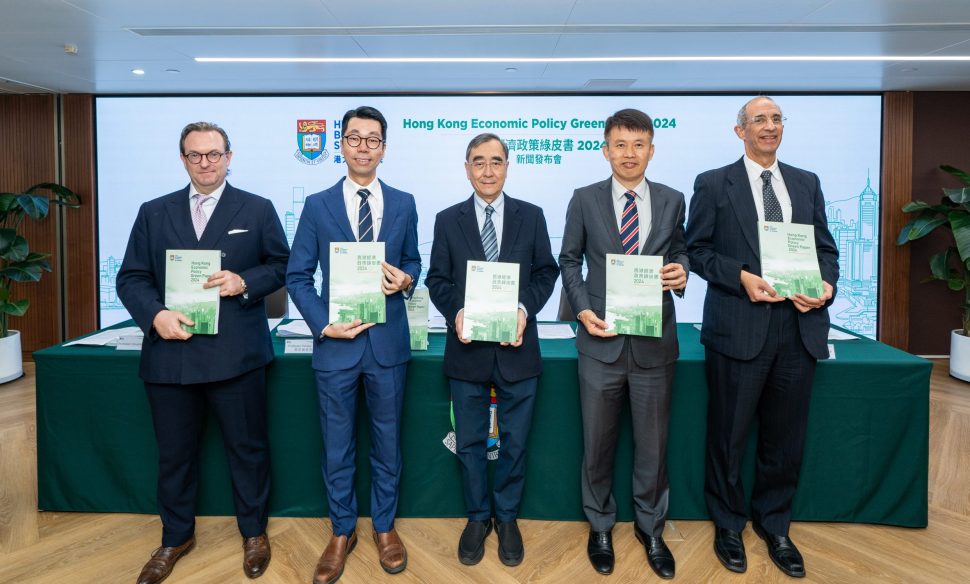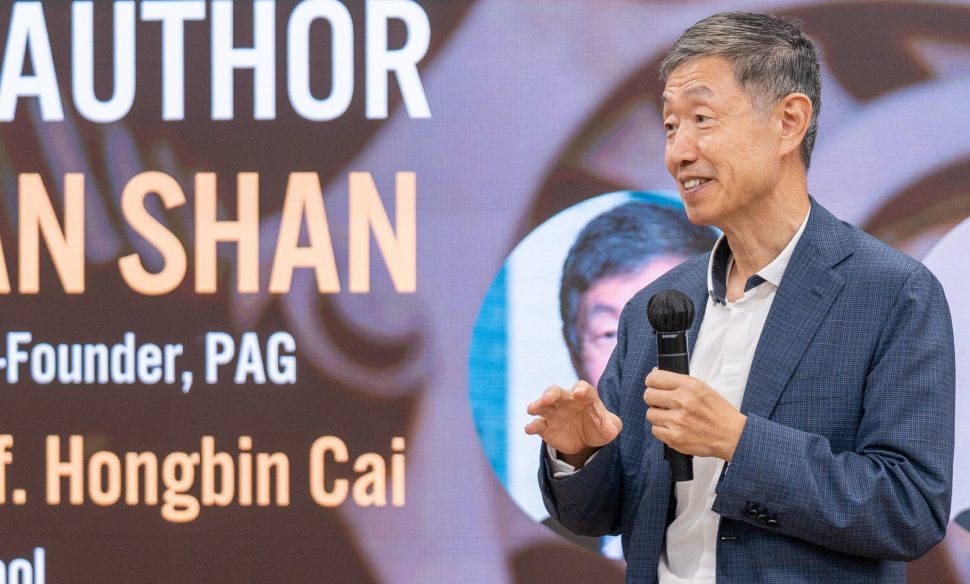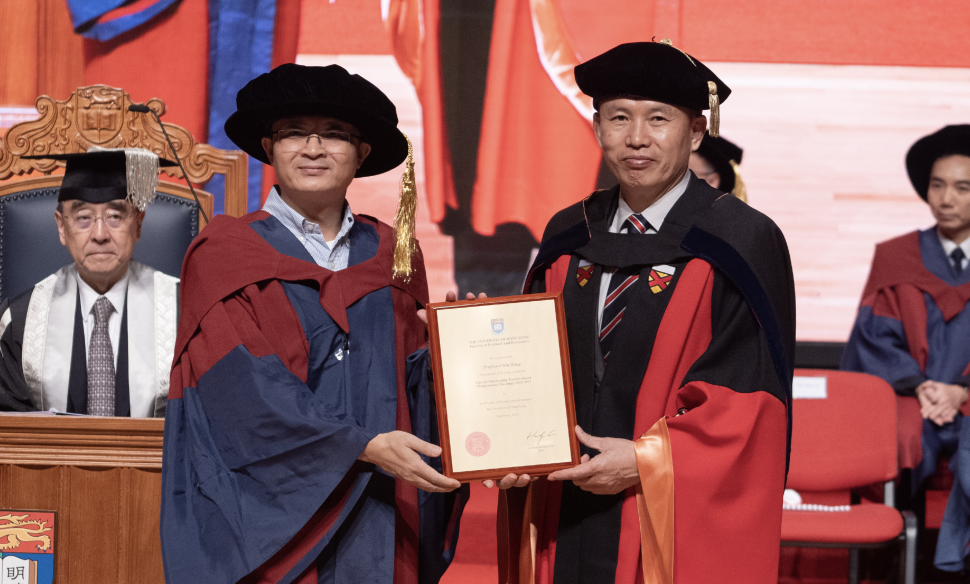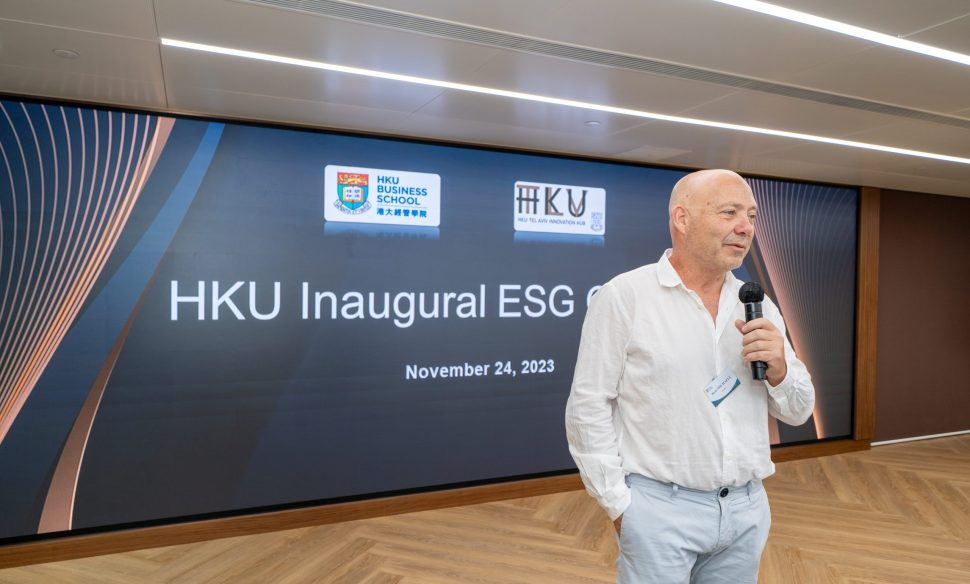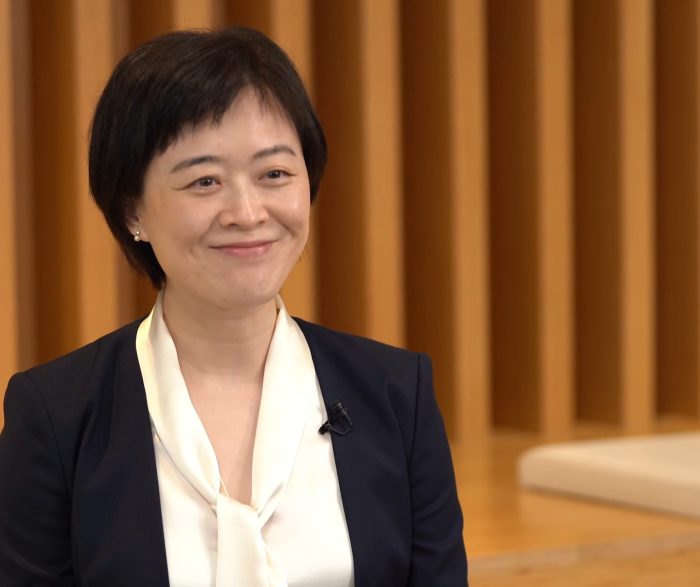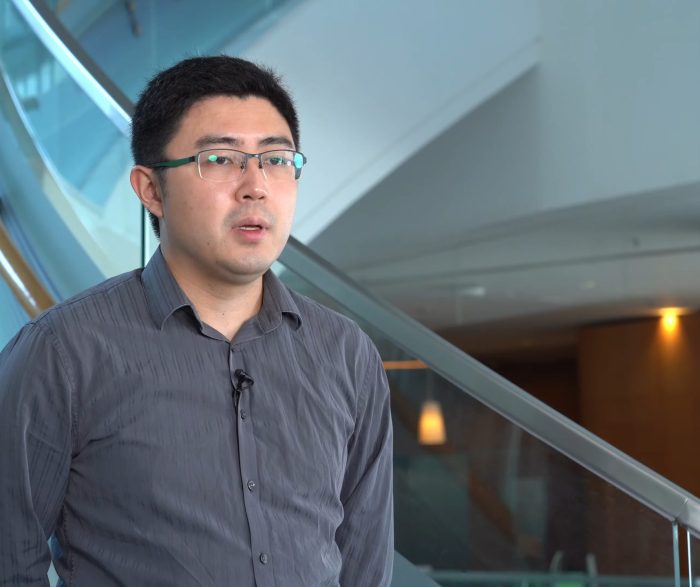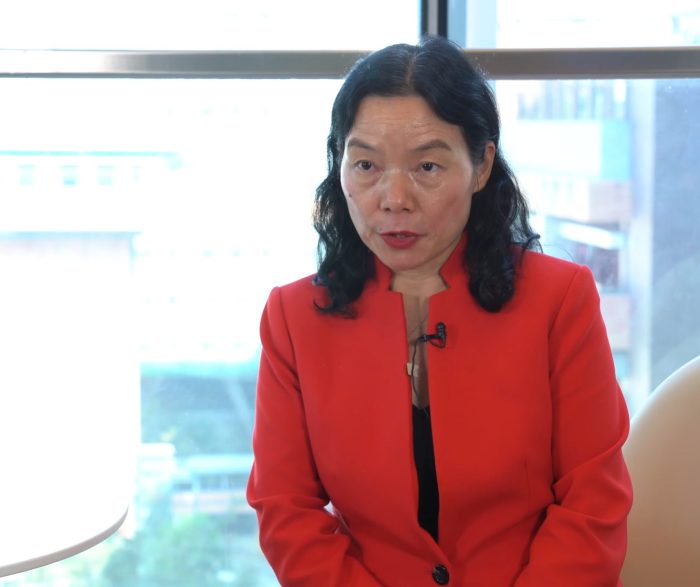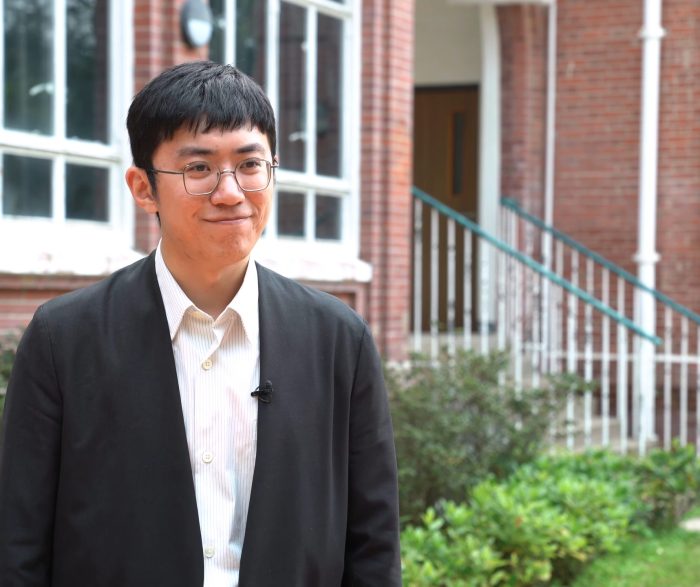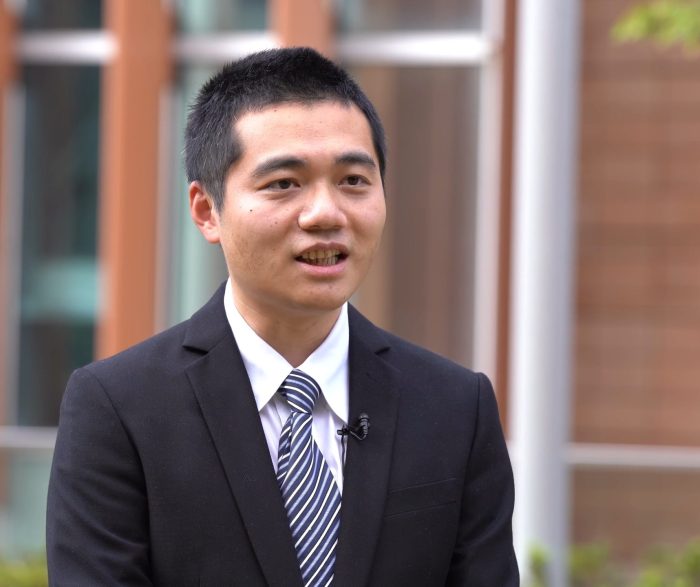





Shenzhen Campus


 Learn More
Learn More The University of Hong Kong
in Vietnam
Discover about the School

Undergraduate
A wide array of study choices from accounting, economics, finance, innovation and information management, to strategy and management and marketing
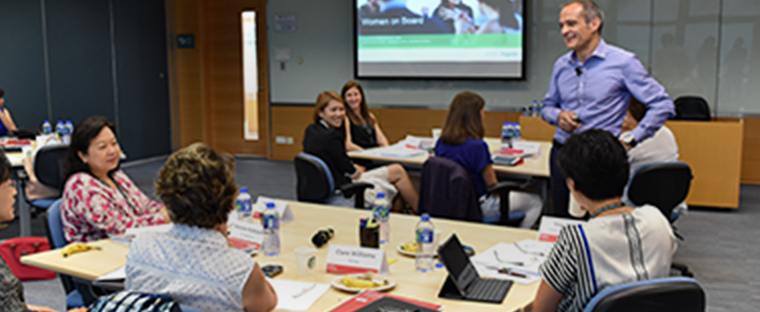
Executive Education
Specialise in providing training programmes to senior and top executives to inculcate cutting-edge knowledge so as to drive change, lead and strategize in their organisations

Undergraduate
A wide array of study choices from accounting, economics, finance, innovation and information management, to strategy and management and marketing

Executive Education
Specialise in providing training programmes to senior and top executives to inculcate cutting-edge knowledge so as to drive change, lead and strategize in their organisations

Undergraduate
Get to know more about your programme, the services and the extraordinary experience that we offer

Postgraduate
Get to know more about your programme, the services and the extraordinary experience that we offer

Career Development
Check and find out what HKU Business School can assist you in pursuing your dream job

Giving to the School
Contributions from alumni and friends are essential to the advancement of the school. It supports our teaching, research, and other learning initiatives

Alumni Services
Build the new connections within the alumni community and explore resources and collaboration opportunities
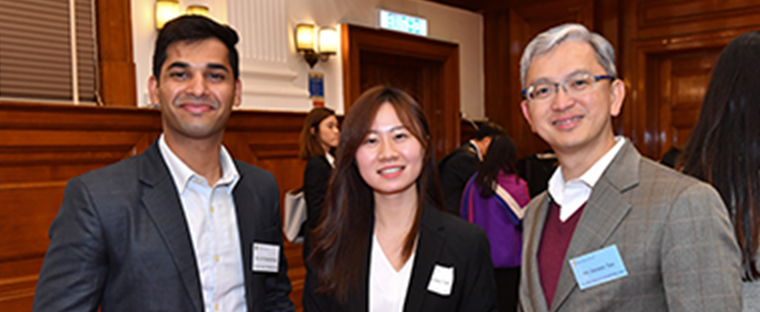
Mentorship Programme
Nurture the next generation of business leaders by providing career advice and sharing your valuable experiences to undergraduate students

Career Development
Connect you to the talent pool of elite business students

Corporate Collaboration
Committed to collaborating with the corporate community in different ways

Executive Education
Specialise in providing training programmes to senior and top executives to inculcate cutting-edge knowledge so as to drive change, lead and strategize in their organisations
Thought Leadership
HKEJ Column
Prof. Heiwai TANG
In the past, Hong Kong and Western countries followed neoliberal economic policies. However, due to changes in the geopolitical and economic landscape, as well as frequent disruptions to supply chains, many governments have shifted their focus to economic security and have implemented industrial policies in recent years.
Read MoreIn the Media
Prof. Wen ZHOU
Hong Kong has the highest retail fuel prices globally. When oil companies adjust their retail prices, they tend to raise prices simultaneously.
Some might argue that the persistently high fuel prices in Hong Kong are due to the high land costs for gas stations. However, when examining the revenue record of oil companies, this argument seems invalid.
Read MoreHKEJ Column
Dr. Y. F. LUK
The Bank of Japan recently ended its eight-year negative interest rate monetary policy, sparking interest among international investors in the future trends of the yen exchange rate and the performance of the Japanese economy.
Read MoreImplications of Western New Industrial Policies for Hong Kong
Prof. Heiwai TANG


Did Oil Companies Collude to Set Gasoline Prices in Hong Kong?
Prof. Wen ZHOU


Japan Ends Negative Interest Rate Policy
Dr. Y. F. LUK


Flexible Moral Hazard Problems
Prof. Balazs SZENTES


Sample and Computationally Efficient Stochastic Kriging in High Dimensions
Dr. Xiaowei ZHANG


Final Price Neglect in Multi-Product Promotions: How Non-Integrated Price Reductions Promote Higher-Priced Products
Prof. Michael He JIA, Ms. Zhengyu SHI


English language requirement and educational inequality: Evidence from 16 million college applicants in China
Mr. Kai MU


RegTech: Technology-driven compliance and its effects on profitability, operations, and market structure
Prof. Alan P. KWAN


Our Stories
Exploring Sustainability in Finance: Professor Roni Michaely’s Quest to Combat Climate Change
Professor Roni Michaely, Professor in Finance and Entrepreneurship
Driven by a willingness to cope with challenges and a curious mind, Professor Roni Michaely chose to become a scholar and is currently, a professor of Finance and Entrepreneurship at The University of Hong Kong.
Embracing Curiosity and Learning: Dr. Jie Gong’s Journey as an Economist and Scholar
Dr. Jie Gong, Associate Professor in Management and Strategy
Dr. Jie Gong is an Associate Professor in Management and Strategy, and an economist by training with a Ph.D. from The Kellogg School of Management at Northwestern University. Prior to joining HKU, she had worked for the National University of Singapore for many years.
Decoding Financial Markets: Dr. Hongye Guo’s Quest for Return Predictability
Dr. Hongye Guo, Assistant Professor in Finance
Dr. Hongye Guo is an Assistant Professor in Finance at HKU. With a background in systematic investment industry as a quantitative researcher, Dr. Hongye Guo's research interests lie in asset pricing and behavioral finance, specifically in the area of return predictability.
Unleashing the Power of Platform Economies: Professor Junhong Chu’s Research Journey
Professor Junhong Chu, Professor in Marketing
Professor Junhong Chu is a Professor in Marketing at the HKU Business School. She held Doctoral Degrees in both Demography from Peking University and Business Administration from the University of Chicago.
Unleashing the Power of Big Data: Dr. Weiming Zhu’s Research in Operations Management
Dr. Weiming Zhu, Associate Professor in Innovation Information and Management Department
Dr. Weiming Zhu is an Associate Professor in Innovation Information and Management Department at HKU Business School. He obtained a PhD degree from the University of Maryland. For a period of six years, he worked at IESE Business School in Barcelona.
Exploring Economic Phenomena: Dr. Yifei Zhang’s Journey as an Economist
Dr. Yifei Zhang, Senior lecturer in Economics
Dr. Yifei Zhang is a senior lecturer in Economics at HKU Business School. He held a PhD in Economics and taught Econometrics and Chinese Economy before joining HKU Business School.
Don’t be the same, be better! An inspiring story of an HKU Business School student
Despite the language barrier and the difficulties of adapting to a new life in Hong Kong from Pakistan, Shahab, our BBA (Acc&Fin) Year 2 student, overcame the obstacles along the way and has now embarked on a new journey at HKU Business School. Let's hear his story and his belief that everyone should have equal opportunities to pursue their dreams and continue their studies.
Join Our Events
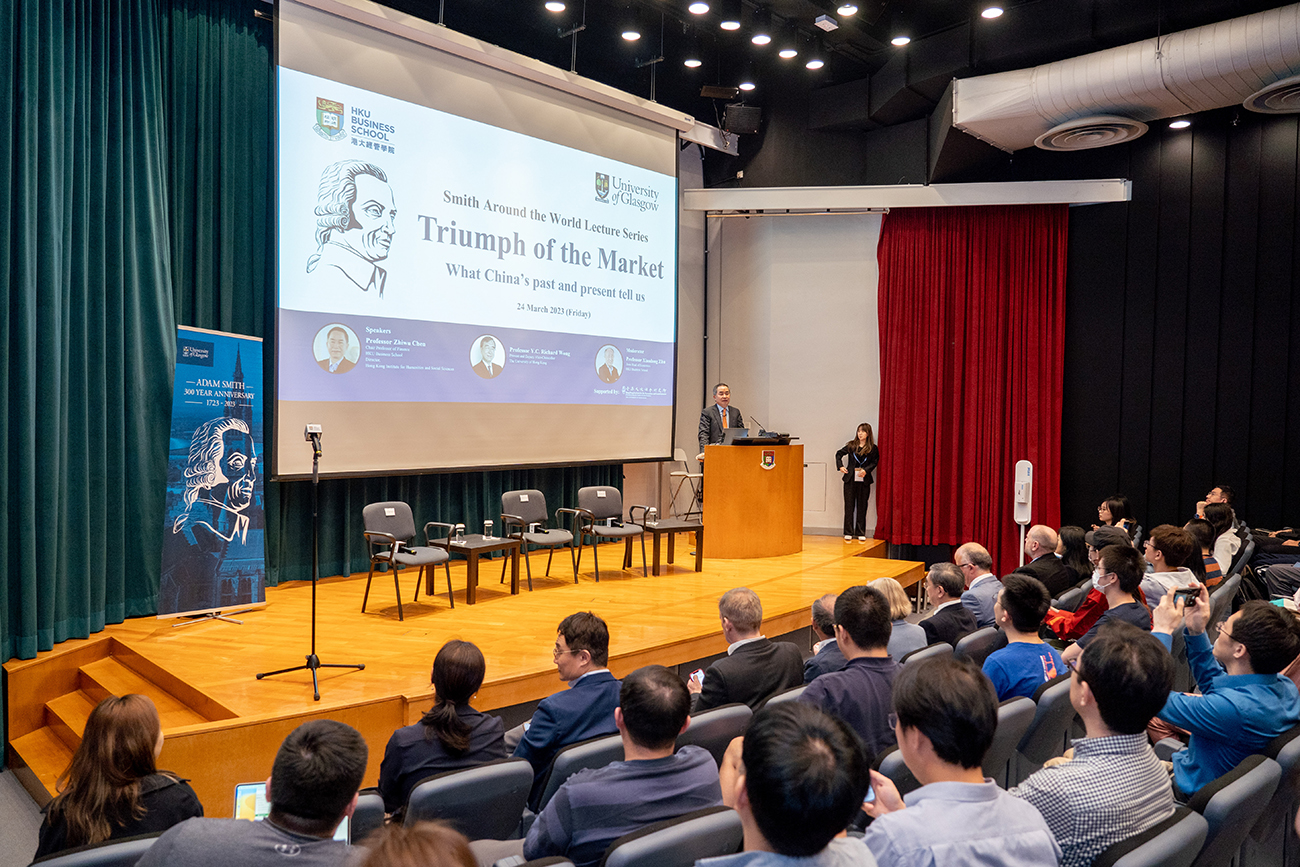


Follow #HKUBusinessSchool
HKU
Business School
Play Video
HKU
Business School








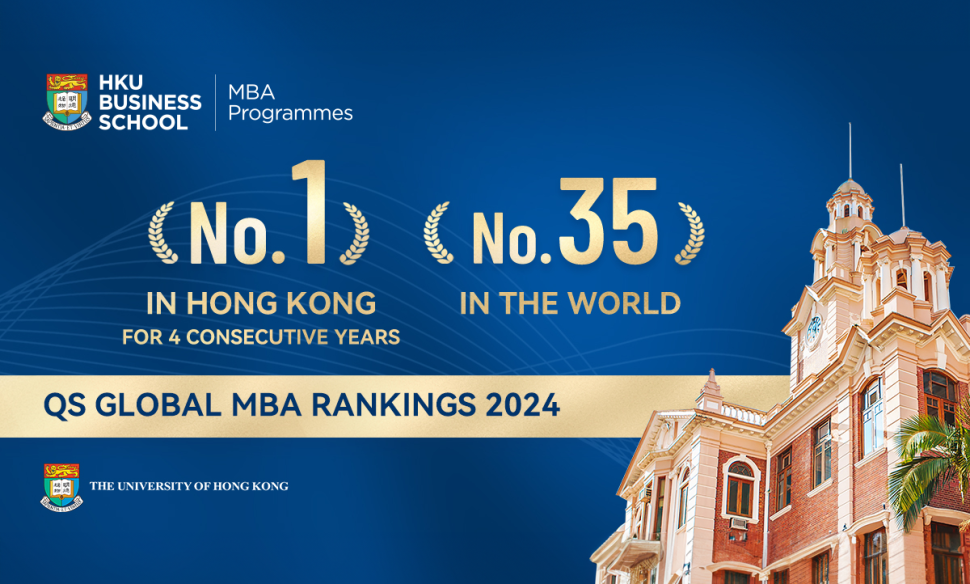
![[Livestream Available] 2nd HKU Quarterly Forum on Chinese Economy](https://www.hkubs.hku.hk/wp-content/uploads/fly-images/211450/ICE_event_kv03_0424-scaled-970x584-c.jpg)
